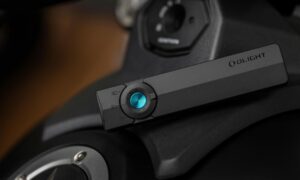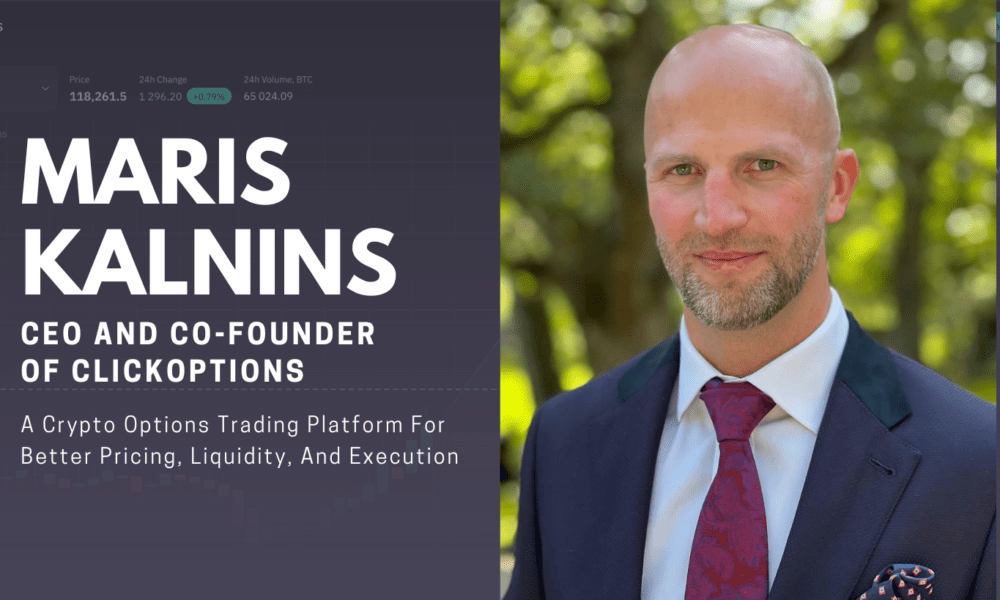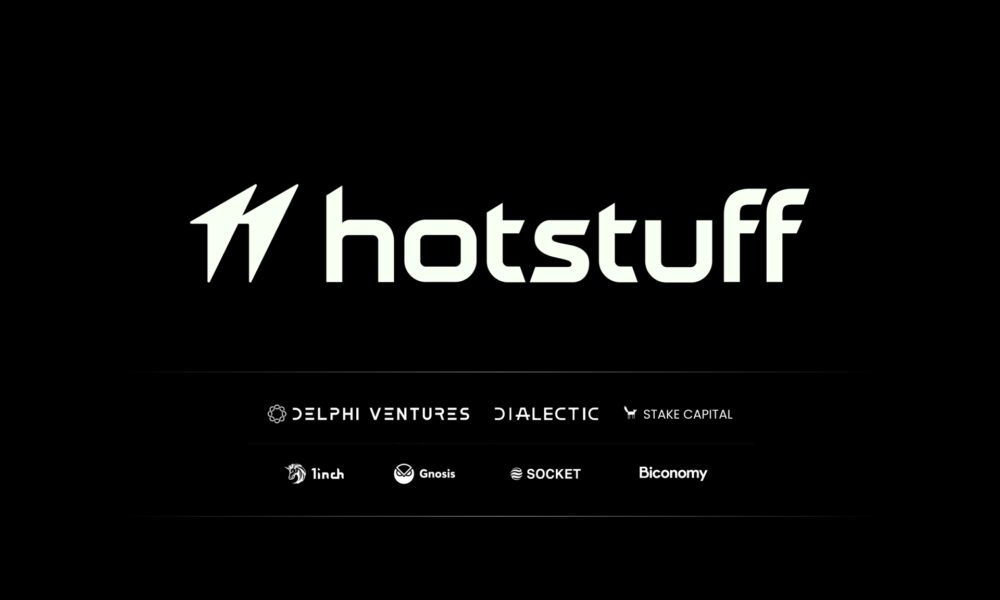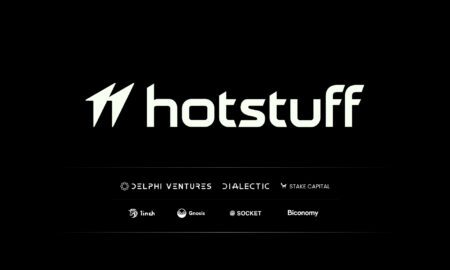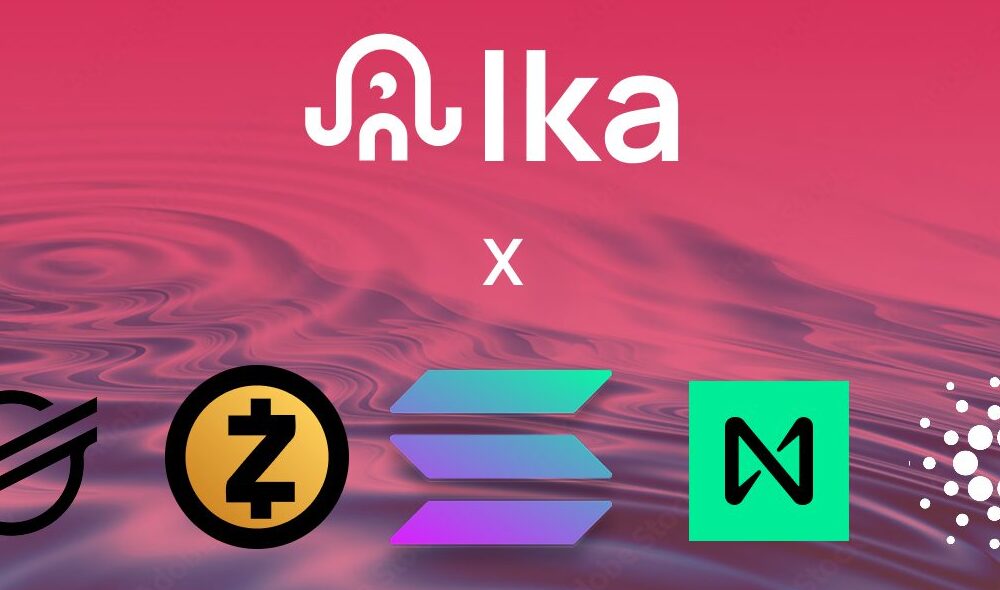Your company assigned you to Dubai for three years. Midway through year one, you realize you need a car, especially since you live in Dubai Hills and work in Downtown Dubai. Now, you must decide whether to buy a car or lease a vehicle from a car rental service.
Should you invest in ownership or opt for the flexibility of a lease? This is the question this write-up helps you answer.
What Does It Mean to Buy or Lease a Car?
First, what does it mean to buy or lease a car?
Car Purchase
When you buy a car, you acquire full ownership (subject to terms) in exchange for cash upfront, typically financed through a loan. Financing involves monthly payments over a set term, usually a tenure of several months to five years. The financed amount is the car purchase price diminished by your downpayment, and the vehicle becomes entirely yours only after you’ve fully paid off the loan plus interest.
Car Lease
Leasing a car is like renting it long-term. It’s making a commitment to make monthly payments for the privilege of using a vehicle for a set period, usually from 24 to 36 months (although there are shorter lease terms, too). Leasing comes with specific terms, such as mileage limits, mandatory maintenance schedules, and wear and tear clauses.
At the end of the lease, you can return the car, extend your lease, get a new lease, or purchase the car outright. The car lease service determines which options are available at the end of the lease period.
Deciding Factors: What Should You Consider?
When deciding to lease or buy, consider the following:
1. Cost Implications
When you buy a car, you pay a hefty down payment, taxes, and monthly amortizations for the term duration (e.g., 60 months). Once you’ve fully paid for the car, you’ll only face ongoing maintenance and repair expenses. Buying becomes more economical over time, especially if you intend to keep the car for many years.
Leasing offers lower initial costs and predictable monthly payments. However, you pay for exceeding mileage limits and excessive wear. Furthermore, monthly payments don’t end; as long as you lease, you must pay.
2. Ownership and Terms
Ownership gives you control. Want to repaint your car neon green? Go ahead. Want to travel cross-country? No problem; rack up as many miles as you want. Eventually, sell the car and recover some cash.
Leasing comes with strict conditions. Your contract dictates how you use the car, who can drive, how far you can drive, and your maintenance schedules. You do not and will never own the asset, no matter how much you’ve cumulatively paid for it.
3. Lifestyle and Usage
Your driving habits play a big role. If you’re accustomed to regularly driving long distances or customizing your ride, buying is the better fit.
Leasing will work well for you if you have predictable, short-term needs, especially if you enjoy upgrading to the latest models. If you relish driving something new every few years and don’t clock many miles, leasing aligns with your lifestyle.
4. Depreciation
Depreciation is an inevitable cost of owning a car. A vehicle’s value drops significantly in its early years, so car owners are left with a car that’s worth much less than they paid for it.
Leasing sidesteps this issue because it’s not your car value to lose. You don’t own the car; you’re just renting it for the long term.
To help make deciding easier, consider the following summary of the pros and cons of car purchase and car lease.
Buying a Car
The advantages of buying a car include:
- Accruing equity
- Full ownership after payments
- No restrictions on mileage or customization
- Long-term cost savings
However, it comes with these disadvantages:
- Higher upfront costs
- Responsible for maintenance and repairs
- Significant depreciation
Leasing a Car
Meanwhile, leasing a car offers these benefits:
- Lower monthly payments
- Access to the latest car models
- Reduced repair costs due to warranty coverage
That said, it does have the following disadvantages:
- No equity
- Strict mileage limits
- Potential wear and tear penalties
- Fees for early termination
When to Choose Each Option
Based on the discussion of the factors to consider and the summary of the pros and cons of each option, you can say:
- Buying is ideal if you plan to drive your car for many years, need to cover significant mileage annually or enjoy personalizing your vehicle. It’s also the better move if you want to eventually eliminate monthly amortizations and own your car outright.
- Leasing suits you better if you don’t want to pay high upfront costs, prefer driving new cars every few years, or have predictable mileage and usage. It’s a flexible option for those with short-term vehicle needs or who want the latest features without the long-term commitment of ownership.
The Bottom Line
Choose the option that reflects what works best, given your particular situation.
If you are going to be in a place for weeks but don’t want to rely on public transportation, consider a weekly car rental. That (or a short-term lease) will also work if you’re going to be in the area for several months.
If your situation is as described in the example at the beginning of this article—you’ll be in Dubai for only three years—lease a car. If you’re staying indefinitely, buy a car.


























